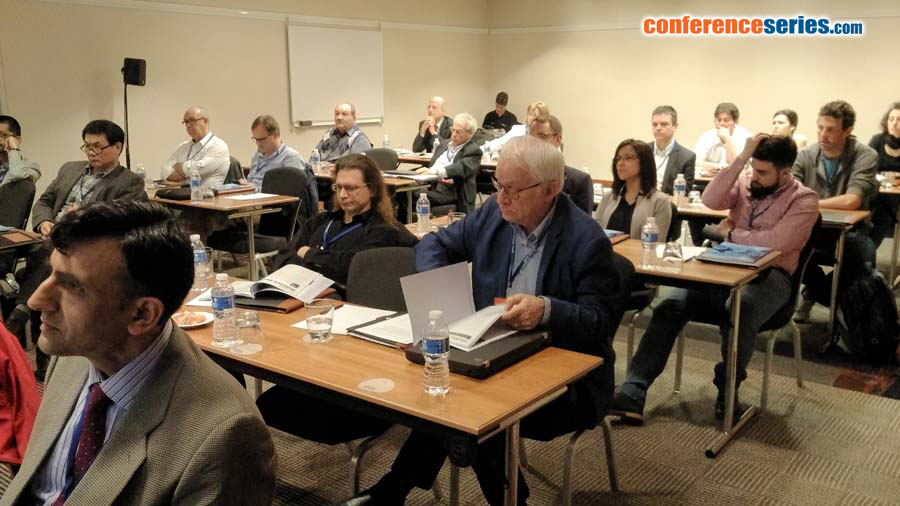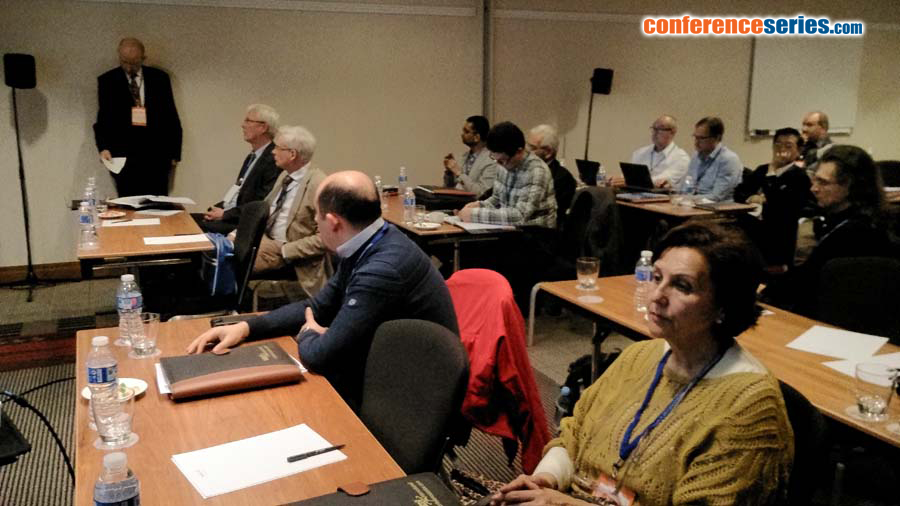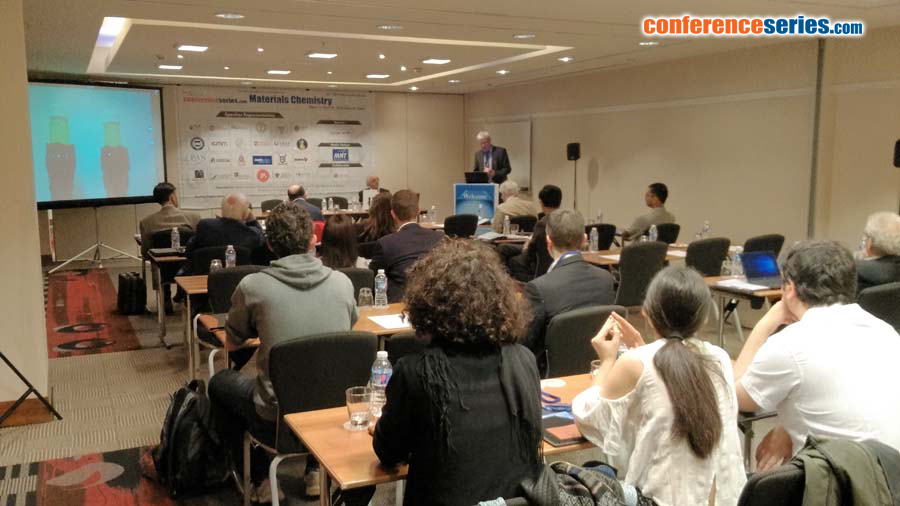
M. Gracia Garcia-MartÃn
University of Seville, Spain
Title: Synthetic polymers from easily available monossacharides
Biography
Biography: M. Gracia Garcia-MartÃn
Abstract
The development of biocompatible synthetic polymers is an emergent research field because they are specially demanded for pharmaceutical and biomedical applications. Materials of this kind are scarcely obtained from natural resources. Being petroleum the main source, the low biocompatibility and biodegradability of synthetic petroleum-based polymers have focused the interest in natural renewing resources for the chemical synthesis of polymers. Some biobased materials are being prepared from biobased monomers to increase biocontent, while other systems provide total biorenewable materials for the chemical synthesis of polymers. Since biocompatibility and biodegradability are inherent features of carbohydrates, which are the most representative example of readiliy available natural renewable resources, synthetic carbohydrate-based polymers generate great expectations. They can be obtained from readily availabe monosaccharides such as glucose, galctose, xilose, arabinose, among others. However, the synthesis of the monosaccharide-based monomers implies, for instance, previous protection of hydroxyl groups or activation of unreactive carboxylic acid groups. In addition to their multiple functionalities, they present wide stereochemical diversity, thus these synthetic polymers would be able to mimic functional biological polymers. On the other hand, the hydrophilic nature of the resulting materials affords enhanced hydrolytic degradability. Carbohydrate-based polymers such as polyamides, polyesters, polyesteramides, polycarbonates, polyureas, polyurethanes and polytriazoles have been prepared, as well as chemical modifications of commercial petroleum-based polymers like PET.




